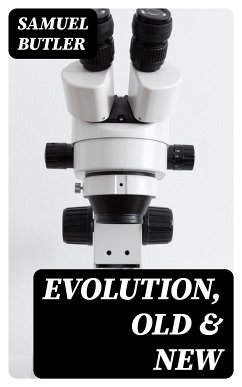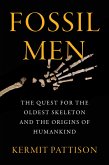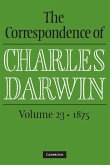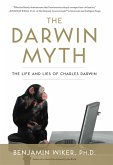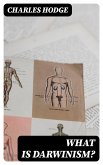In "Evolution, Old & New," Samuel Butler presents a compelling critique of Charles Darwin's theory of evolution, intertwining a deep philosophical inquiry with a critical examination of natural selection. Written in Butler's distinctive, candid prose, the work challenges prevailing scientific notions by positing an alternative view of evolution that incorporates elements of design and purpose. Throughout the book, he employs anecdotal evidence and rigorous reasoning, prompting readers to reconsider the mechanistic interpretations of life and its development, all while engaging with the broader cultural and intellectual currents of the late Victorian period. Samuel Butler, an iconic figure of the Victorian era, was not only an author but also a painter, philosopher, and social critic. His multifaceted interests and life experiences-including his time in New Zealand, where he engaged with both the natural world and indigenous cultures-shaped his understanding of evolution. Butler's unique perspective, which combines literary artistry with philosophical depth, stems from his restless intellectual curiosity and an enduring challenge to orthodox beliefs in both science and society. This book is essential for readers interested in the intersections of literature, science, and philosophy. Butler's provocative arguments invite reflection on the nature of progress and adaptation, making "Evolution, Old & New" a significant contribution to the discourse on evolution that remains relevant today.
Dieser Download kann aus rechtlichen Gründen nur mit Rechnungsadresse in A, B, BG, CY, CZ, D, DK, EW, E, FIN, F, GR, H, IRL, I, LT, L, LR, M, NL, PL, P, R, S, SLO, SK ausgeliefert werden.

